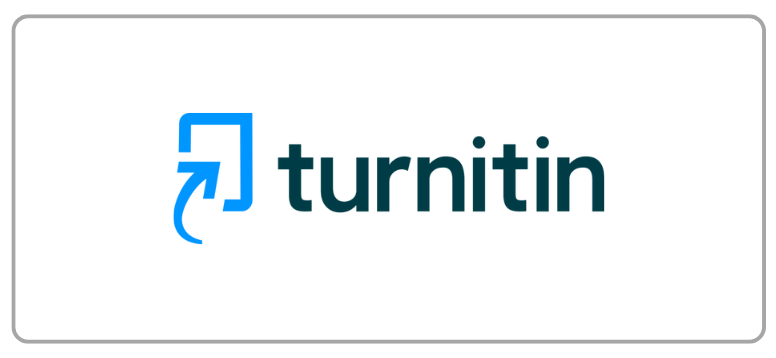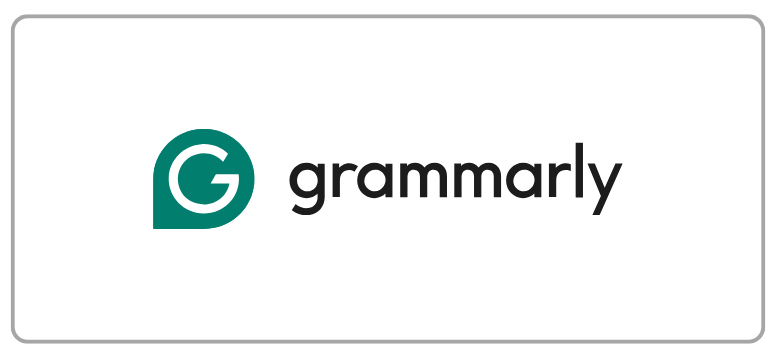Analisis Pengaruh Manajemen Modal Kerja terhadap Profitabilitas dalam Industri Consumer Goods yang Terdaftar di Bursa Efek Indonesia
DOI:
https://doi.org/10.21512/bbr.v3i1.1431Keywords:
working capital, profitability, cash conversion cycle (CCC), number of days account receivable (NDAR), number of days inventory (NDI), number of days account payable (NDAP), bursa efek indonesiaAbstract
In this paper we evaluate the relathionship between working capital management and corporate profitability. We used a sample of 29 companies in consumer goods industry listed in the Bursa Efek Indonesia for the period of 2006 – 2008. The results of the evaluation showed that there is statistical significance between profitability, measured through gross profit, and the cash conversion cycle. Empirical findings show that NDAR, NDI, NDAP affect firm profitability negatively, while CCC affects firm profitability positively.
Â
References
Lazaridis, I., & Tryfonidis, D. (2006). The relationship between working capital management and profitability of listed companies in the Athens Stock Exchange.
Samiloglu, F., & Demirgunes, K. (2008). The effect of working capital management on firm profitability: Evidence from Turkey. The International Journal of Applied Economic and Finance.
Teruel, P. J. G., & Solano, P. M. (2006). Effect of working capital management on SME Proftability.
Downloads
Published
How to Cite
Issue
Section
License
Authors who publish with this journal agree to the following terms:
a. Authors retain copyright and grant the journal right of first publication with the work simultaneously licensed under a Creative Commons Attribution License - Share Alike that allows others to share the work with an acknowledgment of the work's authorship and initial publication in this journal.
b. Authors are able to enter into separate, additional contractual arrangements for the non-exclusive distribution of the journal's published version of the work (e.g., post it to an institutional repository or publish it in a book), with an acknowledgment of its initial publication in this journal.
c. Authors are permitted and encouraged to post their work online (e.g., in institutional repositories or on their website) prior to and during the submission process, as it can lead to productive exchanges, as well as earlier and greater citation of published work.
USER RIGHTS
All articles published Open Access will be immediately and permanently free for everyone to read and download. We are continuously working with our author communities to select the best choice of license options, currently being defined for this journal as follows: Creative Commons Attribution-Share Alike (CC BY-SA)





















